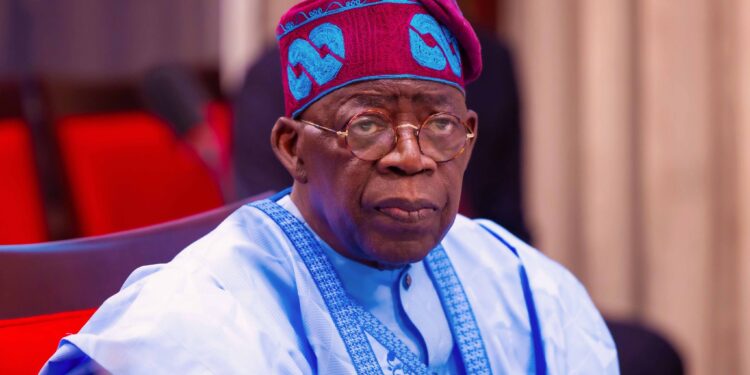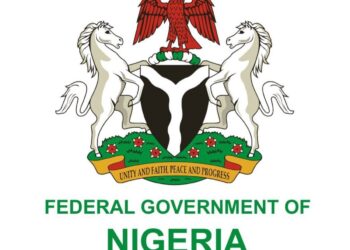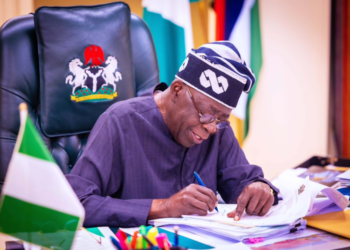The Presidential Inter-Ministerial Committee, headed by President Bola Tinubu, tasked with safeguarding Nigeria’s natural resources, has begun its operations with a series of meetings and consultations involving key stakeholders. This move comes as Nigeria grapples with decades of poor revenue generation despite its abundance of natural resources and the ongoing foreign exchange crisis.
For years, Nigeria has struggled with insufficient revenue generation despite its vast natural resources. The recent surge in demand for foreign exchange, coupled with disruptions in the global supply chain due to the Ukraine-Russia crisis, has further exacerbated the country’s economic challenges.
Dr. Solomon Gizaw, the Head of Technologies for African Agricultural Transformation (TAAT) Clearinghouse, highlighted the urgent need to address Nigeria’s heavy reliance on imports, particularly in the wheat sector, which costs the continent approximately $20 billion annually. He emphasized the importance of harnessing Nigeria’s resources to achieve self-sufficiency and stabilize the economy.
To address these challenges, President Tinubu established an inter-ministerial committee comprising key ministers responsible for various sectors related to natural resource management. The committee aims to develop strategies to maximize the economic potential of Nigeria’s natural resources while safeguarding them from exploitation and illegal activities.
Members of the committee include Minister of Solid Minerals, Dele Alake, Defence Minister, Abubakar Badaru, Environment Minister, Balarabe Abass Lawal, Marine and Blue Economy Minister, Adegboyega Oyetola, Interior Minister, Tunji Olubunmi-Ojo, and Minister of State for Police Affairs, Imaan Sulaiman-Ibrahim.
The committee has already held several meetings, including one with top security officials, to develop a comprehensive strategy for securing Nigeria’s natural resources. Key decisions were made during these meetings, and plans for future engagements were outlined to ensure effective execution of the committee’s mandate.
With these proactive measures in place, Nigeria is poised to harness its natural resources effectively, leading to increased economic growth and stability in the near future.











